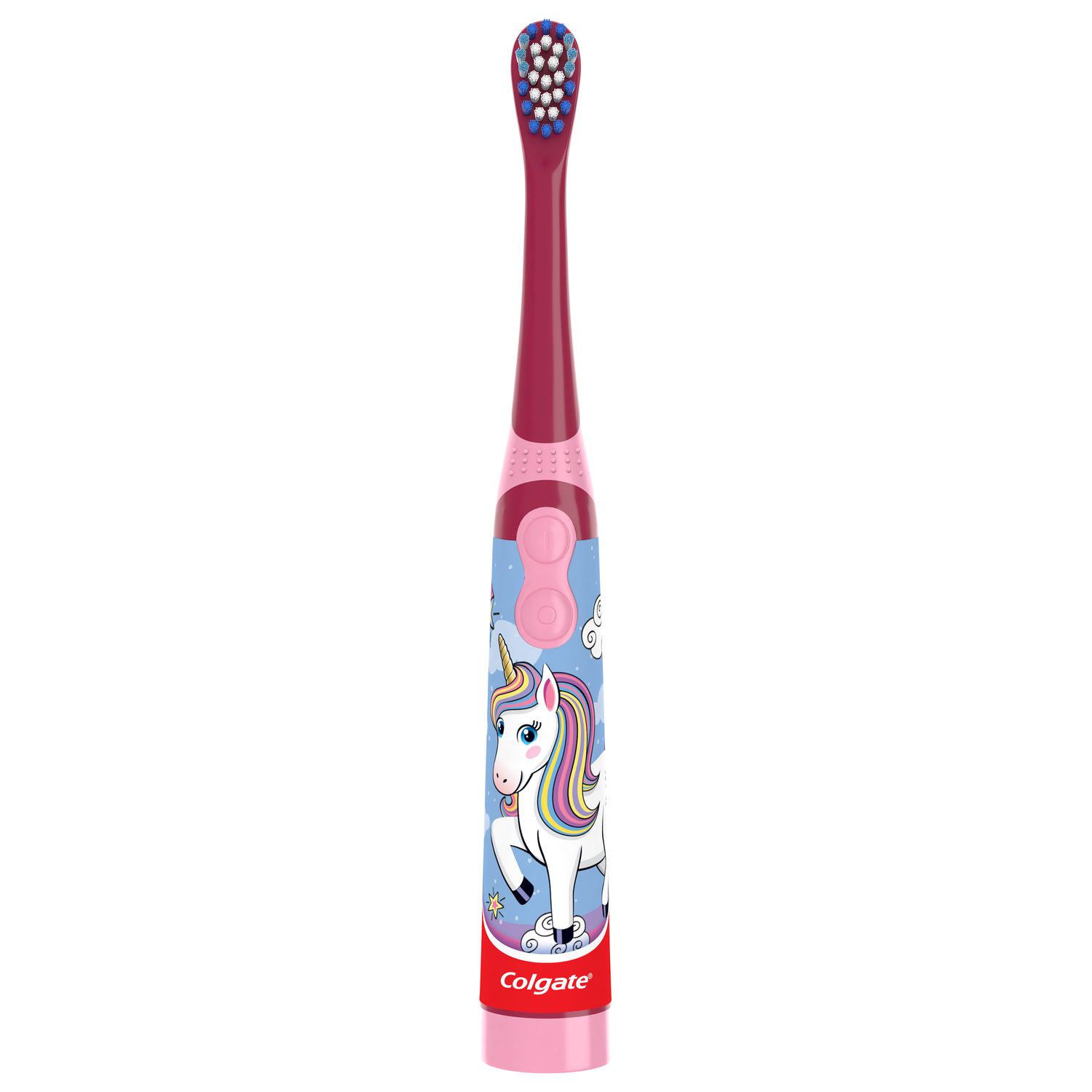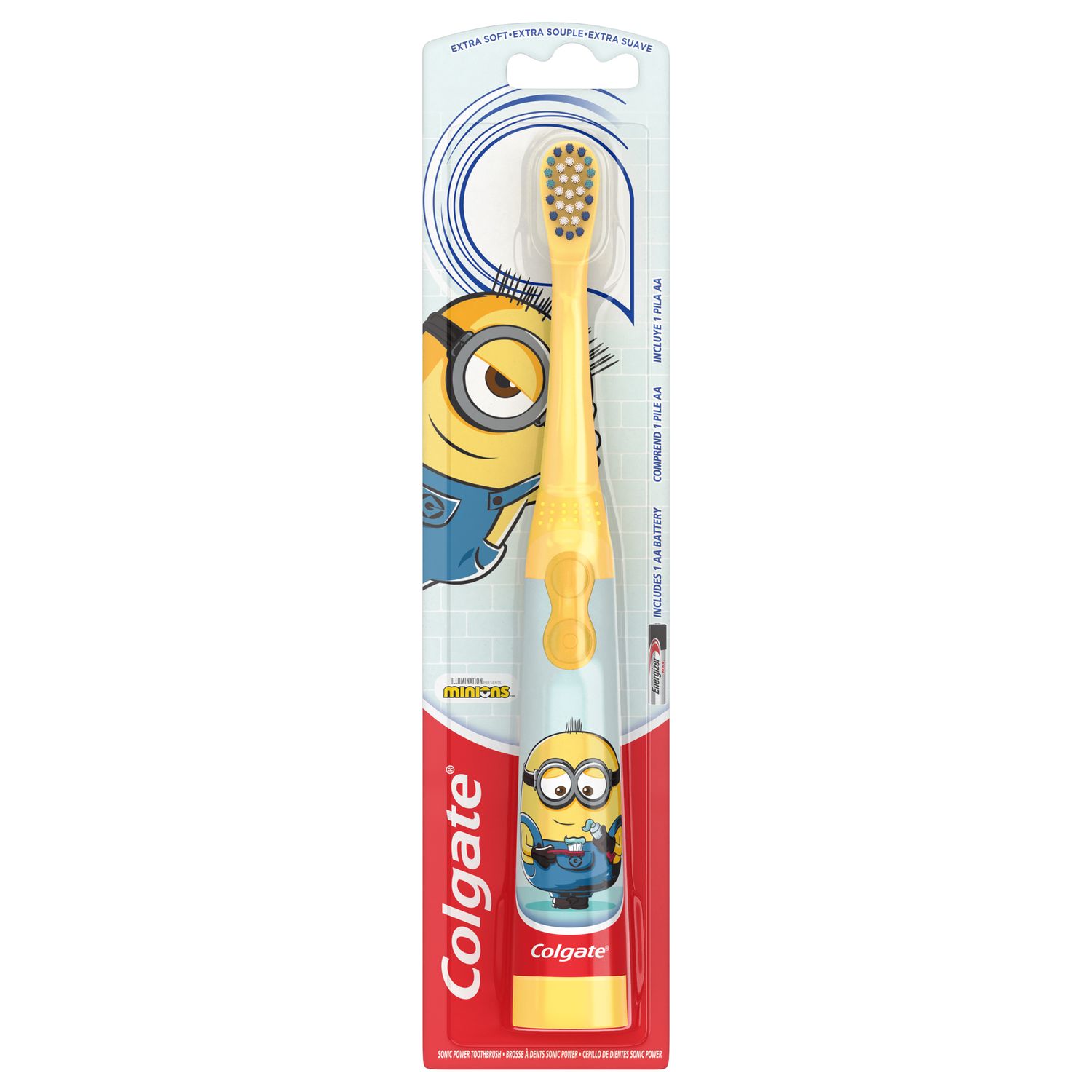Top 10 Fun Teeth Facts for Kids
Learning about teeth doesn’t have to be boring. By sharing fun dental facts with kids, you can start up a conversation about oral health. Have them chew on these funny and wacky scientific dental facts and use them to teach about dental health.
Fun Fact #1. Since sugar wasn't part of anyone's diet in prehistoric times, there most likely wasn't any tooth decay present in children. Use this fact to encourage kids to eat less sugar.
Fun Fact #2. Almost 25% of Americans don’t have teeth! Since this fun fact applies mostly to older adults (over age 60), you can use it to encourage kids to develop good habits early.
Fun Fact #3. Teeth are the only part of your body that can’t heal itself. While you can mend a broken or cracked bone back together — you cannot restore enamel or a cracked tooth the same way. Let kids know they only get one set of teeth, so it’s important to take care of them.
Fun Fact #4. Every bone in your body isn't as strong as your teeth enamel — making it the perfect armor to protect your teeth from cavity-causing bacteria.
Fun Fact #5. An elephant molar weighs six pounds! Use this interesting tidbit to teach children that molars are back teeth used for chewing and are important to keep clean as food can get trapped in them more easily.
Fun Fact #6. Three million teeth are lost each year in sporting events. This could help you get your child to wear their mouth guard while playing sports!
Fun Fact #7. Cotton candy was invented by a dentist and is sometimes called “fairy floss.”
Fun Fact #8. Mosquitoes actually have teeth! Forty-seven of them to be exact. Some other interesting animal teeth numbers include armadillos which have a whopping 104 teeth! (Humans only have 32).
Fun Fact #9. The average human produces enough saliva in their lifetime to fill two swimming pools. That’s 100,000 gallons of spit! Saliva is important to dental health because it helps wash away food debris and bacteria that lead to cavities.
- Fun Fact #10. There are nineteen different types of smiles. The best ones are cavity-free. Encourage your child to protect their smile with good oral hygiene.
Historical Trivia on Oral Hygiene
History has taught us a lot. We’ve evolved from the wheel to the automobile, and even to the autonomous electric vehicle. And it's no different with the first versions of dental care products.
Some ancient cultures would clean their teeth by gnawing on a piece of tree bark or wooden sticks. And some current cultures use wooden sticks for oral cleaning. Whatever works.
Whether it's a primitive form of toothpaste or mouthwash is up to you. Still, Egyptians cleaned their teeth with a powder consisting of pulverized eggshells and oxen hooves mixed with water. The result was a slightly abrasive concoction that helped remove food debris.
In the 1700s, an Englishman named William Addis thought to fasten boars' bristles to a bone handle. And voila — a brush for your teeth was invented.
When choosing a toothbrush today, you have a lot of options. But it wasn't till the 1930s that nylon bristles and more ergonomic handles entered the toothbrush market.
In 1816, Isaac Newton's tooth was sold for today's modern equivalent of nearly $36,000. It's a good thing there wasn't a tooth fairy back then.
These are just a few dental tidbits worth sharing. Share them with your children and family, so they realize how lucky we are to be living in an age where modern dentistry and oral hygiene products have advanced. It's safe to say that your child would opt for nylon soft bristles over boar bristles any day.
Oral Care Center articles are reviewed by an oral health medical professional. This information is for educational purposes only. This content is not intended to be a substitute for professional medical advice, diagnosis or treatment. Always seek the advice of your dentist, physician or other qualified healthcare provider.
ORAL HEALTH QUIZ
What's behind your smile?
Take our Oral Health assessment to get the most from your oral care routine
ORAL HEALTH QUIZ
What's behind your smile?
Take our Oral Health assessment to get the most from your oral care routine














